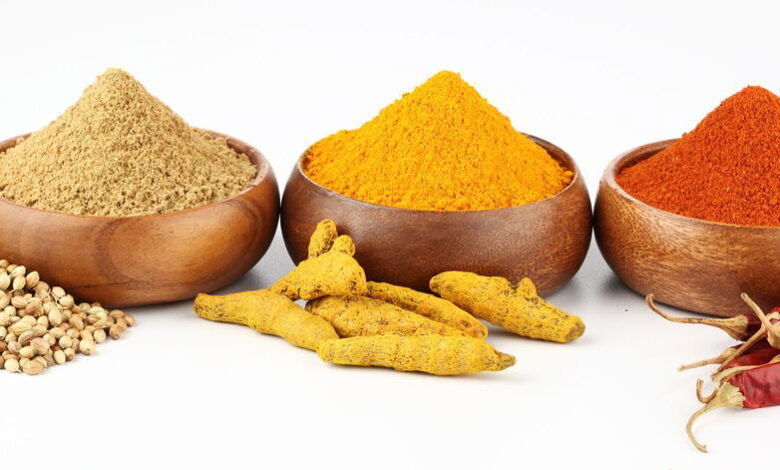What’s the truth? « Euro Weekly News


From ancient culinary traditions to modern health trends, spices have been hailed as more than just flavour enhancers. But do they genuinely offer health benefits, or is it all hype?
Can spices like Turmeric and chilli improve your health?
Spices such as turmeric, chilli, and ginger are increasingly regarded as health superfoods. Claims range from boosting the immune system to reducing inflammation and even extending lifespan. However, the evidence supporting these assertions is often mixed.
Turmeric and Curcumin: Known for its vibrant yellow hue, turmeric is linked to potential anti-inflammatory benefits due to curcumin, its active compound. While lab studies suggest curcumin may have cancer-fighting properties, its low bioavailability in the human body means that regular dietary consumption offers limited effects.
Chilli Peppers: Packed with capsaicin, chillies might help with weight management and heart health. Research suggests regular chilli consumption could lower mortality risk, but eating large amounts may have adverse effects, including memory issues in some cases.
Ginger: Frequently used to combat nausea, ginger is also gaining attention for its potential role in controlling inflammation, particularly in autoimmune diseases.
How much spice is safe to consume daily?
While spices can have health benefits, overconsumption may lead to problems:
Capsaicin risks: Consuming over 50g of chilli peppers daily has been linked to cognitive decline, particularly memory issues.
Turmeric misconceptions: Despite its reputation, standard servings of turmeric are unlikely to deliver therapeutic benefits unless consumed in concentrated supplements.
Balance is key: Historically, spices were used to balance the “hot and cold” properties of food. Modern science supports moderation as the safest approach to incorporating spices into your diet.
Do spices deserve the hype?
While spices contribute antioxidants and unique flavours to meals, expecting them to perform as miracle cures might be unrealistic. Key takeaways:
- Dietary Benefits: Incorporating a variety of spices can enhance the nutritional profile of meals, but they should complement a balanced diet, not replace medical treatments.
- Supplements vs. whole Foods: High-dose supplements may offer targeted benefits, but whole foods provide a safer, more sustainable option for most people.
- Scientific consensus: More robust research is needed to definitively link regular spice consumption with significant health benefits.




